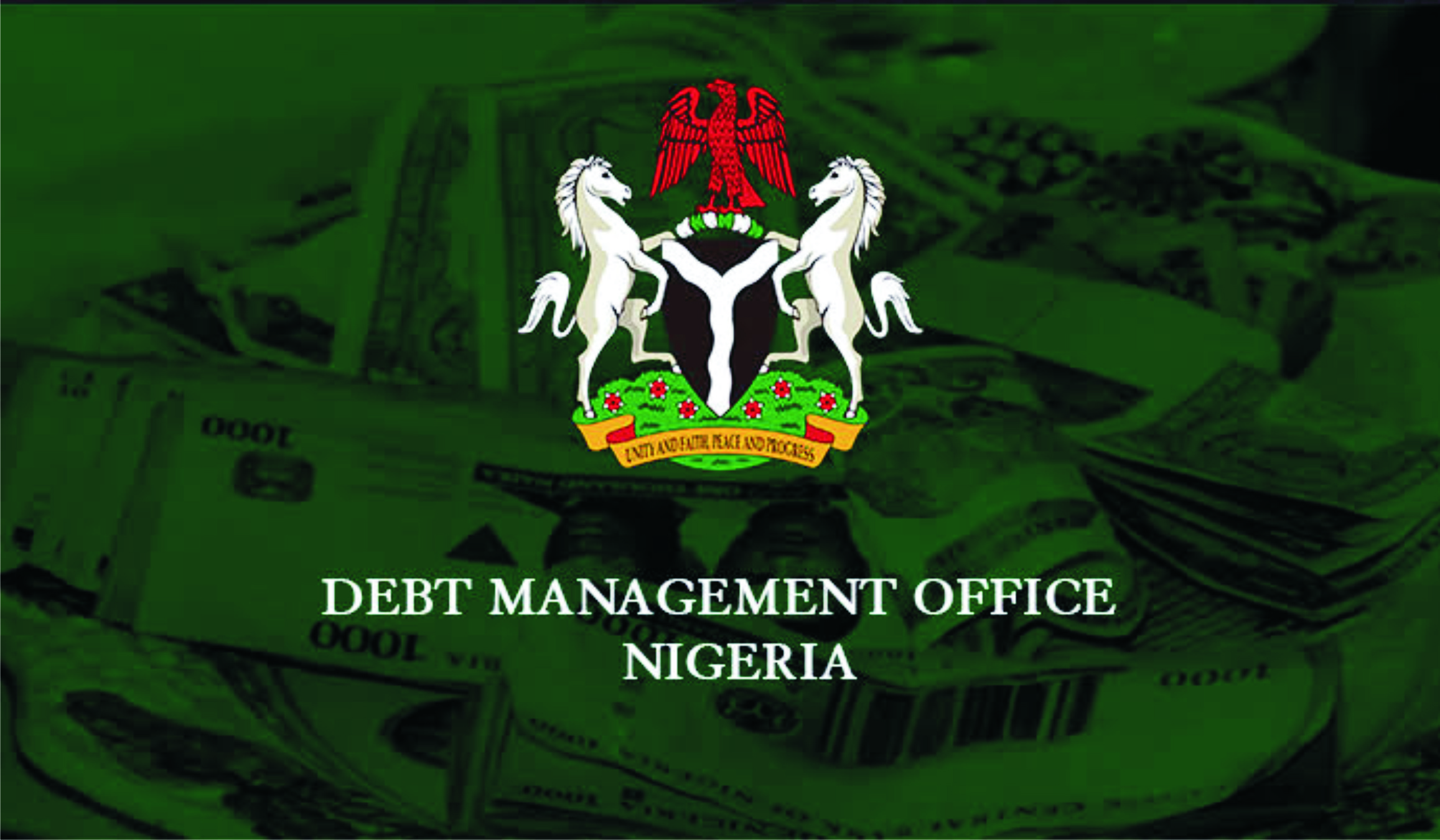Business
Debt Servicing Gulps 86% Of Nigeria’s Revenue S’Africa Pays 20%

In 2021, Nigeria spent 86 percent of its revenue on servicing debt. This is against South Africa’s 20 per cent expended for the same purpose and period, according to The Tide’s source.
Quoting the International Monetary Fund’s 2021 Article IV estimates, the source said Nigeria spent 85.5 per cent of its revenue on servicing its debt in 2021.
In the same vein, South Africa’s budget office, situated in the National Treasury, estimated its debt service-to-revenue in 2021 at 20 per cent, noting that for every five rand raised by the government, only one rand was spent on servicing debt.
Nigeria’s total debt as at the end of December 2021 was 30 per cent of South Africa’s debt, yet the former’s debt service appears too expensive, according to analysts.
Nigeria’s total debt as at December 2021 was $94.166bn, according to the Debt Management Office, but South Africa’s total debt at the same period was $261bn, according to the country’s National Treasury and Bloomberg.
Nigeria is the continent’s largest economy. Latest estimates by the National Bureau of Statistics put the nation’s economic size at $420bn.
On the other hand, South Africa is second largest economy on the continent with an estimated size of $320bn.
According to analysts, Nigeria’s debt service is very expensive because of the perception of investors of the country as high risk.
Chief Executive Officer of Centre for the Promotion of Private Enterprise (CPPE), Dr Muda Yusuf, said debt service ratio was a function of the magnitude of the debt and its cost.
“If the amount you are borrowing is high, you also have to pay more. Also, Nigeria borrows at expensive rates, especially the Eurobonds.
“Sometimes, we celebrate that our Eurobonds are oversubscribed, but the yields are very high when you compare them with other countries,” Yusuf said.
He explained that investors perceived Nigeria as high-risk, explaining that risk premium must be paid when bonds were perceived as high-risk.
A market analyst, Ike Ibeabuchi, suggested that Nigeria must pay more attention to cost-cutting measures such as reducing the earnings of the legislature, adding that the country should look at ways of tapping equity rather than debt.
Findings have shown that Egypt’s debt service-to-revenue was 20.5 per cent in 2021, according to its central bank, while Kenya’s and Uganda’s were estimated at 60 per cent and 27-30 per cent respectively.
Another major reason for Nigeria’s high debt service-to-revenue is its low revenue generation.
Analysts are worried that Nigeria is not raising enough revenue from an economic size of over $400 billion, expressing worry that policy makers are do not seem to think in that direction.
Nigeria’s revenue to GDP is nine per cent, while Ghana’s is 13 per cent. Nigeria is seven times Ghana’s population of 31 million.
According to the DMO, Kenya and Angola have a revenue-to-GDP ratios of 16.6 per cent, and 20.9 per cent respectively.
Addressing this issue in a Press briefing last April, President of the Lagos Chamber of Commerce and Industry, Michael Olawale-Cole, said “We are likely to have a higher debt service-to-revenue ratio if revenue levels do not increase significantly”.
He suggested that the Federal Government must improve its tax collection by expanding the tax net to reduce dependence on oil revenues and exposure to global shocks like the war in Ukraine.
Business
Agency Gives Insight Into Its Inspection, Monitoring Operations

Business
BVN Enrolments Rise 6% To 67.8m In 2025 — NIBSS

The Nigeria Inter-Bank Settlement System (NIBSS) has said that Bank Verification Number (BVN) enrolments rose by 6.8 per cent year-on-year to 67.8 million as at December 2025, up from 63.5 million recorded in the corresponding period of 2024.
In a statement published on its website, NIBSS attributed the growth to stronger policy enforcement by the Central Bank of Nigeria (CBN) and the expansion of diaspora enrolment initiatives.
NIBSS noted that the expansion reinforces the BVN system’s central role in Nigeria’s financial inclusion drive and digital identity framework.
Another major driver, the statement said, was the rollout of the Non-Resident Bank Verification Number (NRBVN) initiative, which allows Nigerians in the diaspora to obtain a BVN remotely without physical presence in the country.
A five-year analysis by NIBSS showed consistent growth in BVN enrolments, rising from 51.9 million in 2021 to 56.0 million in 2022, 60.1 million in 2023, 63.5 million in 2024 and 67.8 million by December 2025. The steady increase reflects stronger compliance with biometric identity requirements and improved coverage of the national banking identity system.
However, NIBSS noted that BVN enrolments still lag the total number of active bank accounts, which exceeded 320 million as of March 2025.
The gap, it explained, is largely due to multiple bank accounts linked to single BVNs, as well as customers yet to complete enrolment, despite the progress recorded.
Business
AFAN Unveils Plans To Boost Food Production In 2026
-

 News3 days ago
News3 days agoOji Clears Air On Appointment Of 15 Special Advisers By Fubara
-

 News3 days ago
News3 days agoNigeria Has Woken Up From Slumber Under Tinubu – Shettima
-

 Featured3 days ago
Featured3 days agoRivers: Impeachment Moves Against Fubara, Deputy Hits Rock …As CJ Declines Setting Up Panel
-
City Crime3 days ago
Health Commissioner Extols Fubara’s Commitment To Community Healthcare Delivery
-
News3 days ago
Nigeria To Begin Exporting Urea In 2028 -NMDPRA
-
Niger Delta3 days ago
Tinubu, Leading Nigeria To Sustainable Future – Okowa … Lauds Oborevwori Over Uromi Junction Flyover Construction
-
News3 days ago
US – Nigeria Security Engagement Translating Into Tangible Operational Gains – NSA
-

 News3 days ago
News3 days agoKing Jaja Impacted Beyond Rivers -Deputy Gov

